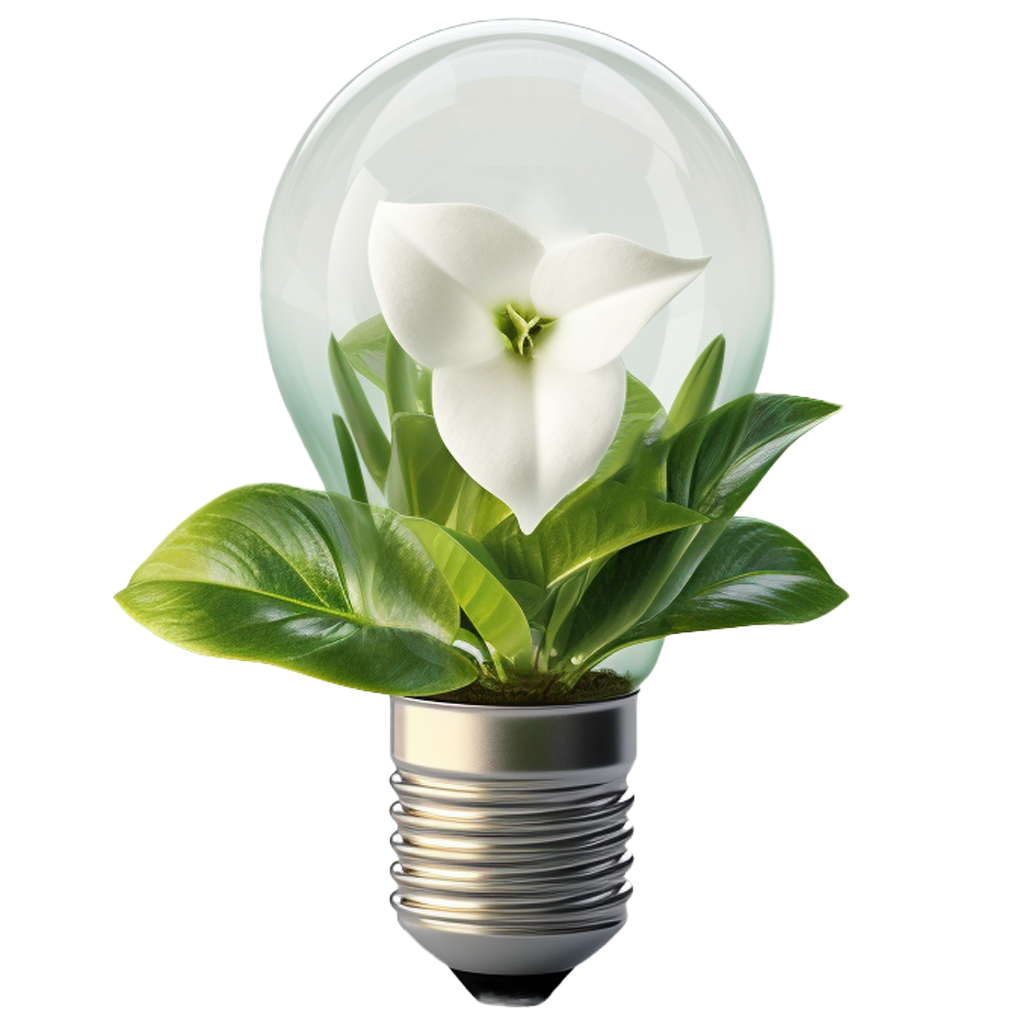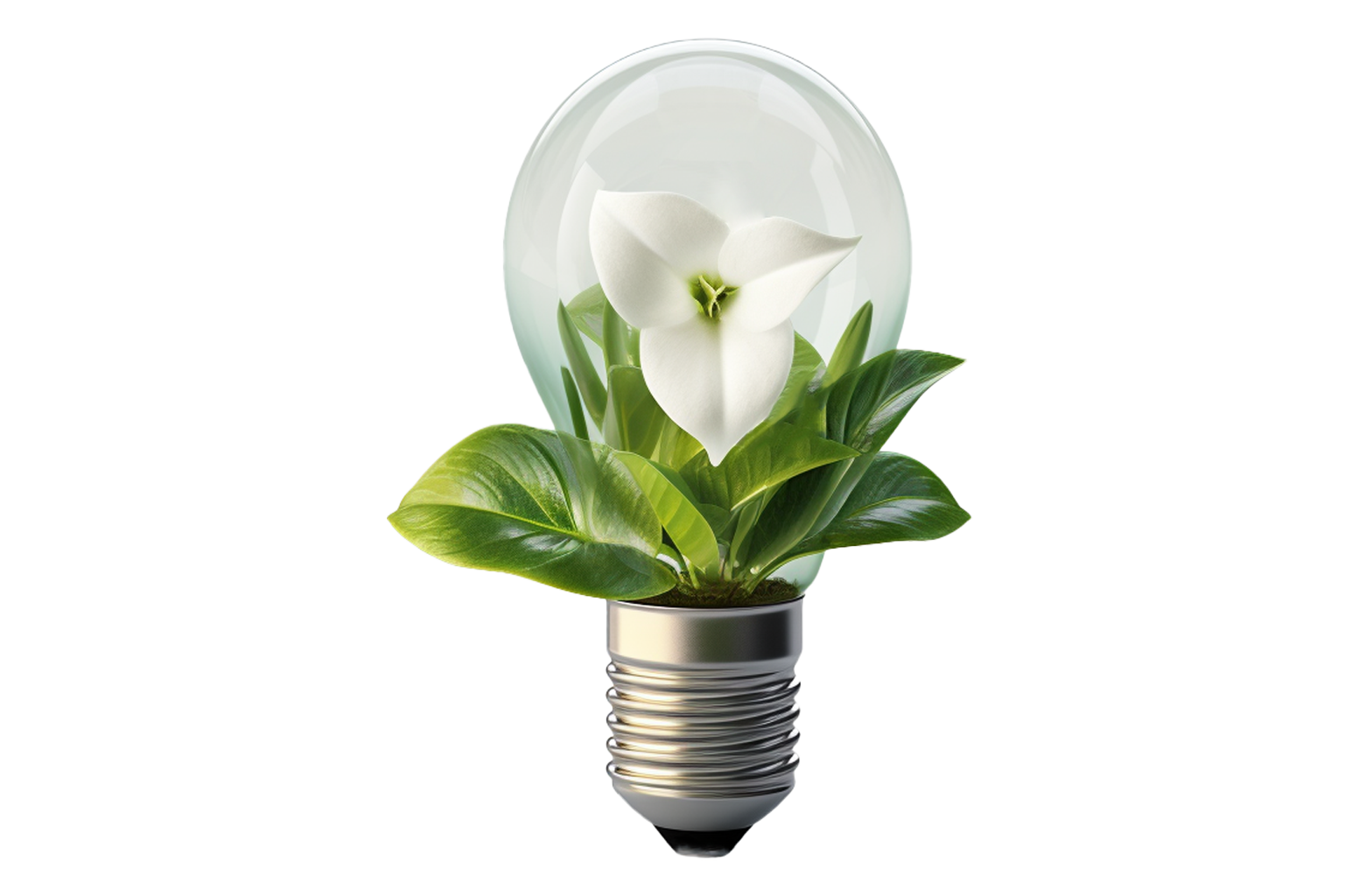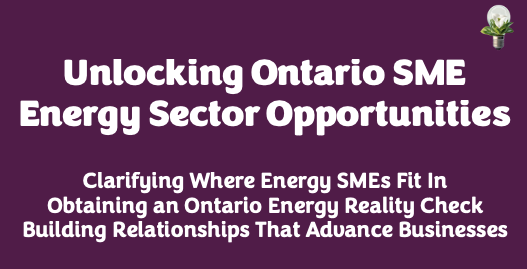As we advance energy technologies, it is important to have a shared understanding of two fundament concepts: energy efficiency and energy conservation.
Energy Efficiency
Energy efficiency is about using less energy to achieve the same outcome or task. It emphasizes optimization—maximizing output or outcome from the minimum energy input. Achieving energy efficiency can be done through using appliances and systems designed to use less energy for the same level of performance, such as energy-efficient light bulbs, improving building insulation, or designing smarter products, systems, and grids.
The notion of and science behind using energy more efficiently dates back to the Industrial Revolution when steam engines and other early machinery were developed. Engineers and inventors sought to optimize these machines to extract more work from the same amount of fuel. For example, James Watt’s improvements to the steam engine in the late 18th century can be seen as an early attempt at increasing energy efficiency.
Energy Conservation
Energy conservation involves the decision and practice of using less energy. It’s about changing behaviours and habits to minimize energy use, like turning off lights when not needed, limiting air conditioner use, or opting for walking instead of driving. This approach focuses on reducing or avoiding unnecessary energy consumption to save energy.
Efforts to conserve energy emerged alongside concerns about resource depletion and environmental degradation. Since the late 19th century, as fossil fuels like coal then later oil and natural gas became primary energy sources, there has been a growing awareness of their finite nature. Since the late 20th century, there has been a growing awareness of the impact of fossil fuels – hydrocarbon fuels – on the Earth’s atmosphere and climate. Throughout recent decades, efforts to conserve energy have gained momentum.
Energy Efficiency and Energy Conservation
While energy efficiency relies on technological advancements and improvements to perform tasks more efficiently, energy conservation directly involves behavioral changes and making conscious choices to use less energy. Both strategies are pivotal for reducing energy usage and mitigating environmental impact, yet they operate on different principles: conservation through reduced consumption and efficiency through smarter use.


